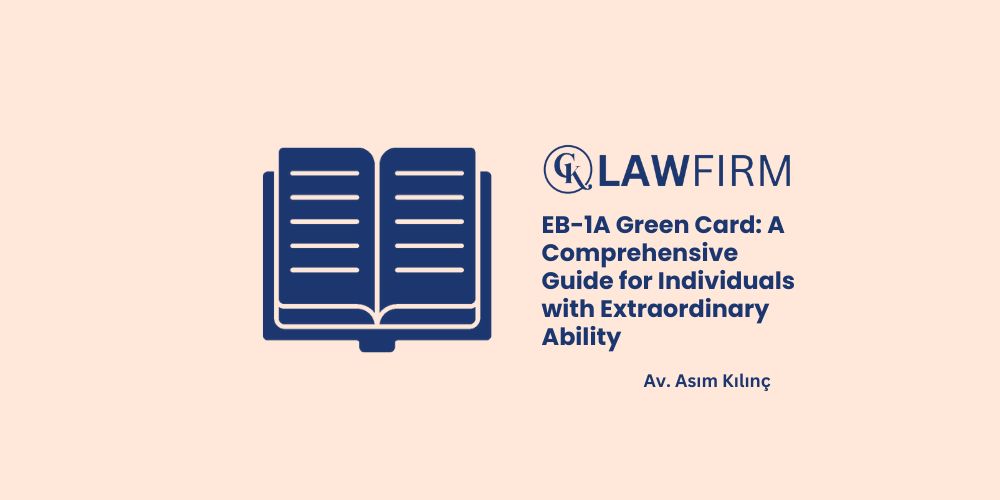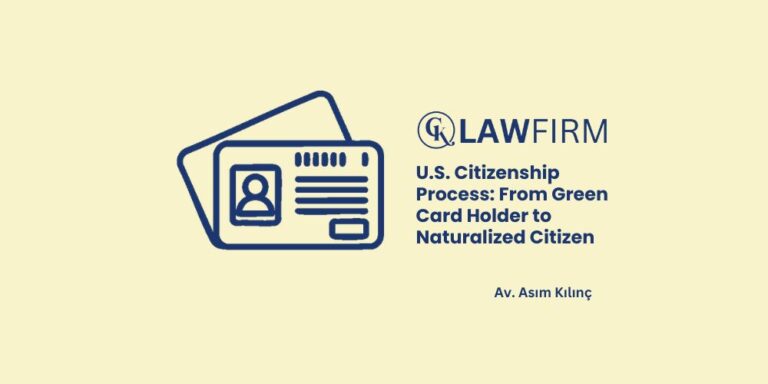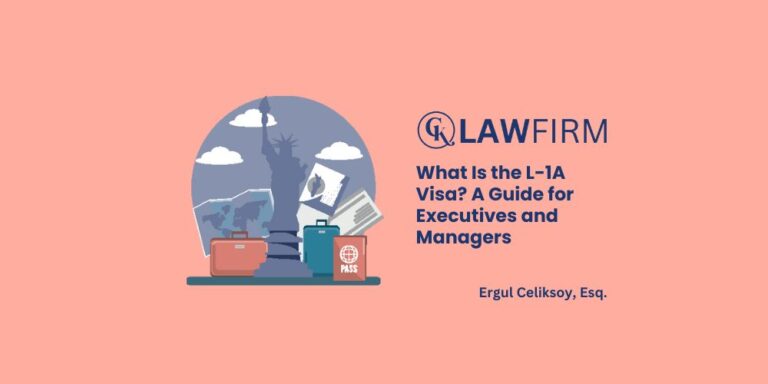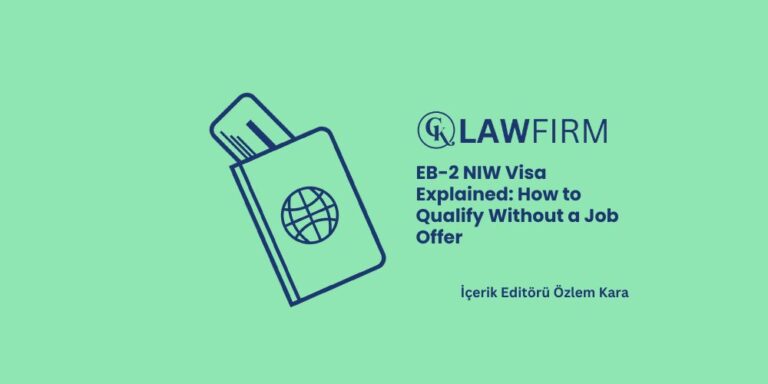Schedule an Appointment with Our Attorneys Now

EB-1A Green Card: Extraordinary Ability Visa | A Comprehensive Guide for Individuals
- Introduction
- Overview of the EB-1A green card
- Who it’s for and what this guide will cover
- What Is the EB-1A Visa?
- Definition and purpose
- Differences between EB-1A and other employment-based visas
- Flexibility of self-petitioning
- Who Qualifies for the EB-1A Green Card?
- Eligibility criteria
- List of USCIS’s 10 qualifying categories
- Meeting at least 3 of the 10 criteria
- EB-1A Visa Application Process
- Filing Form I-140
- Self-petitioning process
- Adjustment of status vs. consular processing
- Advantages of the EB-1A Visa
- No job offer or labor certification required
- Faster processing
- Ideal for top-tier professionals
- Frequently Asked Questions
- How to prove extraordinary ability
- Self-petition details
- Difference from O-1 visa
- Family inclusion
- How CK Law Firm Can Help
- Legal strategy and documentation help
- Guidance through USCIS communication
- Support with I-140 and beyond
- Conclusion
- Summary of benefits
- Begin the EB-1A process with legal help
For individuals with extraordinary ability in the sciences, arts, education, business, or athletics, the EB-1A green card offers a direct path to U.S. permanent residency. Unlike many other employment-based immigration options, the EB-1A visa does not require a job offer or labor certification. This employment-based green card category is designed for those who have achieved national or international acclaim and can prove their accomplishments to USCIS.
In this comprehensive guide, we’ll explain how to qualify for an EB-1A green card, what documents are needed, and how to navigate the visa application process.
What Is the EB-1A Visa?
The EB-1A visa, also known as the Extraordinary Ability Green Card, is a first-preference employment-based immigrant visa. It is available to individuals who can demonstrate extraordinary ability in their field through sustained national or international acclaim.
The U.S. Citizenship and Immigration Services (USCIS) allows qualified applicants to self-petition for this visa, making it an attractive option for those without a U.S. employer sponsor. It falls under the EB-1 visa category, which also includes outstanding professors and multinational executives, but the EB-1A is unique in its flexibility.
Who Qualifies for the EB-1A Green Card?
To be eligible, applicants must demonstrate extraordinary ability in their field through evidence of accomplishments that are nationally or internationally recognized. USCIS provides 10 criteria for qualification. To qualify, you must meet at least 3 of these 10 requirements:
EB-1A Visa Requirements:
- Receipt of internationally recognized prizes or awards for excellence
- Membership in associations that require outstanding achievements
- Published material about you in major media or trade publications
- Participation as a judge of others in the same or allied field
- Original contributions of major significance
- Authorship of scholarly articles
- Work displayed at artistic exhibitions or showcases
- Leading or critical roles in distinguished organizations
- High salary compared to others in the field
- Commercial success in performing arts
Applicants must demonstrate extraordinary ability with documentation that proves their eligibility.
You don’t need a job offer or employer sponsorship to apply, and labor certification is not required.
EB-1A Visa Application Process
The EB-1A application process involves two key stages:
- Filing Form I-140 (Immigrant Petition for Alien Worker):
- You must file Form I-140 with USCIS.
- Include evidence that you meet at least three of the required criteria.
- You can self-petition, meaning no job offer or employer is needed.
- Applying for a Green Card (Form I-485 or Consular Processing):
- If inside the U.S., you file Form I-485 to adjust your status.
- If outside the U.S., you go through consular processing at a U.S. embassy or consulate.
Processing times vary, but premium processing is available for the I-140 petition.
Advantages of the EB-1A Visa
The EB-1A visa offers several unique benefits compared to other employment-based immigration categories:
- No job offer required
- No labor certification needed
- Self-petitioning allowed
- Faster processing times compared to other visa categories
- Ideal for individuals with exceptional talent or achievements
It is especially suitable for entrepreneurs, researchers, scientists, artists, and athletes who are internationally recognized.
Frequently Asked Questions
How do I prove extraordinary ability?
You must provide strong documentation. Meeting at least three of USCIS’s ten listed criteria is required. The more evidence you submit, the better your chances.
Can I apply for a green card without a job offer?
Yes. The EB-1A green card allows individuals with extraordinary ability to self-petition. A job offer is not required.
What is the difference between EB-1A and O-1 visa?
The O-1 visa is a temporary work visa, while the EB-1A is a path to permanent residency. Both require evidence of extraordinary ability, but the EB-1A leads to a green card.
Can I bring my family with me?
Yes. Spouses and unmarried children under 21 may apply for immigrant visas as dependents.
How CK Law Firm Can Help
Navigating the EB-1A visa process requires careful preparation. At CK Law Firm, we help individuals who can demonstrate extraordinary ability gather the required documentation, file a strong petition, and respond to any USCIS requests.
Whether you’re an artist, athlete, scientist, or entrepreneur, our experienced team can guide you through securing an EB-1A green card.
Conclusion
The EB-1A green card is a powerful option for individuals with exceptional skills seeking to live and work permanently in the U.S. With no job offer or labor certification required, this employment-based immigrant visa is both flexible and efficient.
If you’re ready to apply for a green card based on your extraordinary ability, contact CK Law Firm today. Let us help you begin your journey toward U.S. permanent residency.





